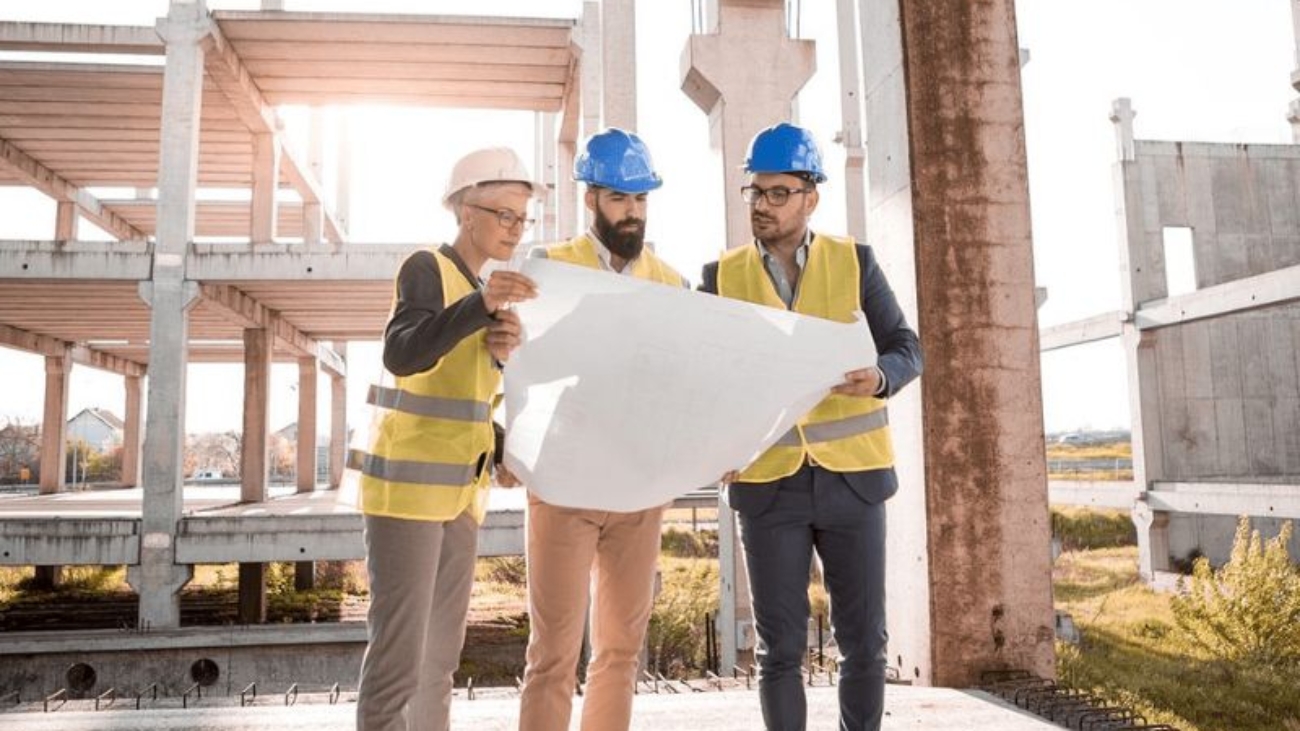The construction industry is constantly evolving, and with it, the need for innovative solutions to manage complex projects. This is where Project Management Information Systems (PMIS) come in. PMIS is a software tool that helps construction companies manage their projects from start to finish. This blog post will explore the increasing importance of PMIS in construction and how it has revolutionized project management.
The Role of PMIS in Construction:
PMIS is a software tool that is specifically designed to help construction companies manage their projects. It has become increasingly important in recent years as the construction industry has become more complex and competitive. PMIS is used to plan, execute, monitor, and control construction projects. It is an all-in-one tool that helps to streamline processes, reduce errors, and increase efficiency.
PMIS has many features that make it an essential tool for construction companies. It provides real-time data and analytics, which help project managers make informed decisions about the project. It also allows for collaboration between team members, which is crucial for the success of any project. PMIS is also customizable, which means it can be tailored to meet the specific needs of a construction company.
Benefits of Using PMIS
PMIS (Project Management Information Systems) is a powerful tool that provides many benefits to construction companies. Here are some of the key benefits of using PMIS in construction:
Streamlines Processes: PMIS automates many manual processes, such as tracking project progress, managing budgets, and creating reports. This reduces the time and effort required to manage a project, making the process more efficient.
Reduces Errors: With PMIS, all project data is stored in a centralized location, which helps to reduce errors caused by miscommunications or data inconsistencies. This leads to fewer mistakes and delays, saving time and money in the long run.
Improves Project Visibility: PMIS provides real-time data and analytics, giving project managers a clear view of the project’s progress. This helps to identify potential issues before they become major problems, allowing project managers to make informed decisions about the project.
Mitigates Risks: PMIS provides real-time data and analytics that help to identify potential risks and issues. This allows project managers to take proactive measures to mitigate risks, reducing the likelihood of delays, cost overruns, and other project issues.
Improves Project Quality: PMIS provides a centralized platform for project management, which helps to ensure that all team members are on the same page and working towards the same goals. This leads to better coordination, higher quality work, and more successful projects overall.
Provides Customization: PMIS can be customized to meet the specific needs of a construction company. This means that the software can be tailored to match the company’s processes, workflows, and reporting requirements, making it a flexible and adaptable tool.
Increases Efficiency: By automating many manual processes and providing real-time data and analytics, PMIS helps to increase efficiency and productivity. This leads to faster project completion times, lower costs, and more successful projects overall.
Supports Decision Making: PMIS provides real-time data and analytics, which helps project managers to make informed decisions about the project. This leads to better decision making, which can have a significant impact on the project’s success.
How PMIS is Revolutionizing Construction Project Management
PMIS has revolutionized construction project management in several ways. Firstly, it has made project management more efficient by providing a centralized platform for project management. This means that project managers can easily access all the data they need to make informed decisions about the project. Secondly, it has improved collaboration between team members by providing a platform for communication and sharing of information.
Thirdly, it has made project management more transparent by providing real-time data and analytics. This has improved project visibility, which helps project managers to make informed decisions about the project. Fourthly, it has reduced the risk of errors by providing a centralized platform for project management.
Conclusion
In conclusion, PMIS is an essential tool for construction companies in today’s fast-paced and competitive industry. It helps to streamline processes, reduce errors, and increase efficiency. PMIS has many benefits, including reducing costs, improving project visibility, enhancing collaboration between team members, mitigating risks, and improving project quality. PMIS has revolutionized construction project management by making it more efficient, transparent, and collaborative. It is clear that PMIS will continue to play an increasingly important role in construction project management in the future.

